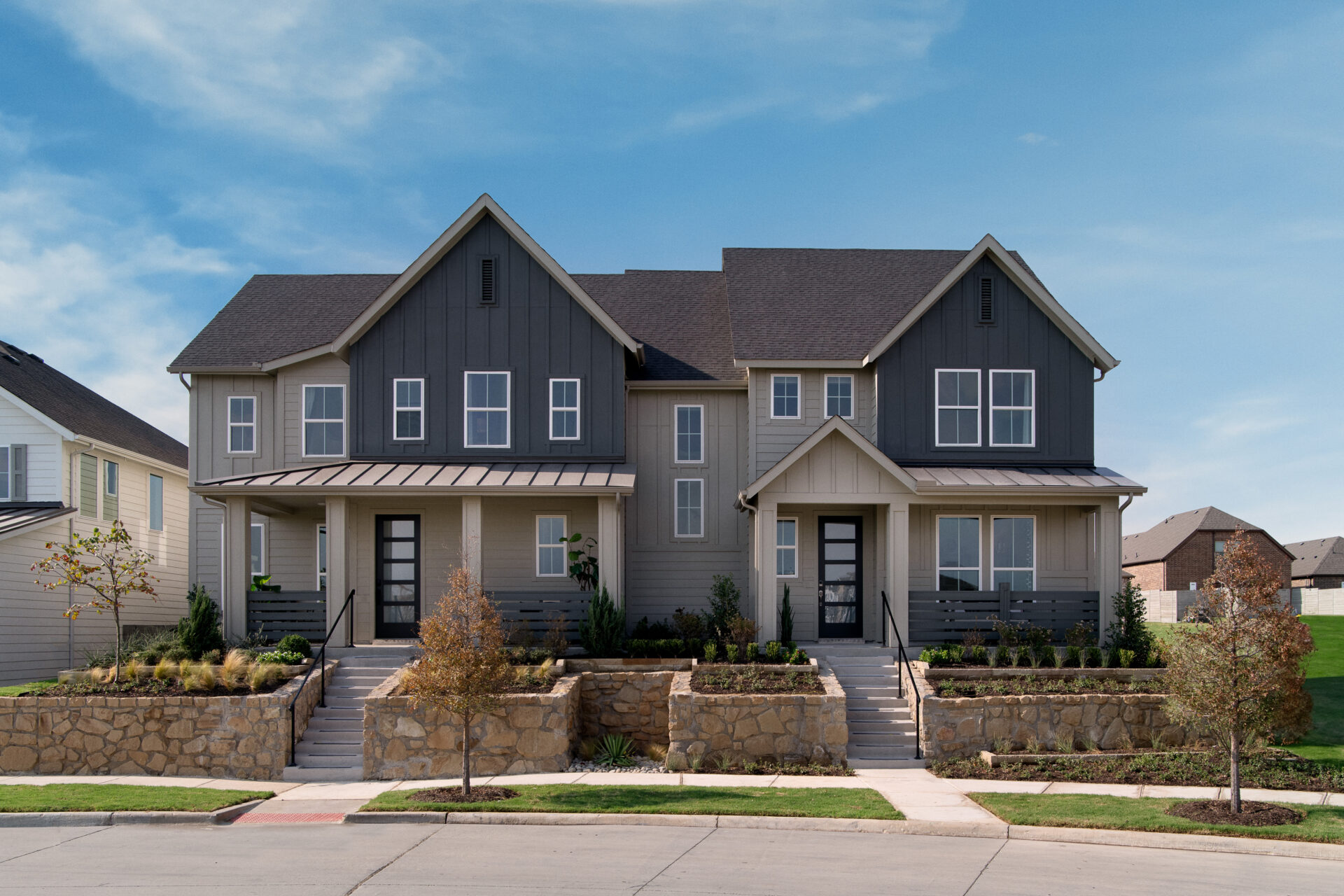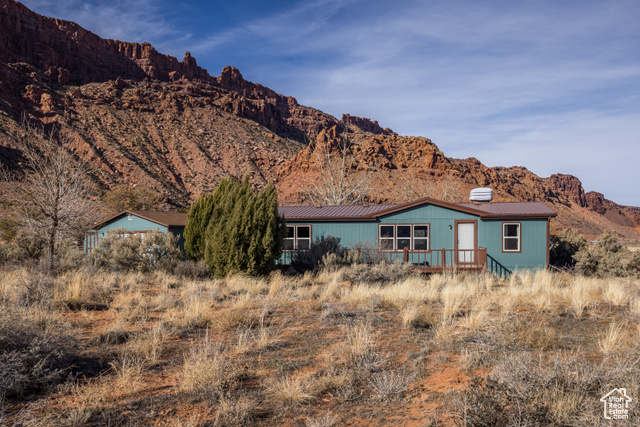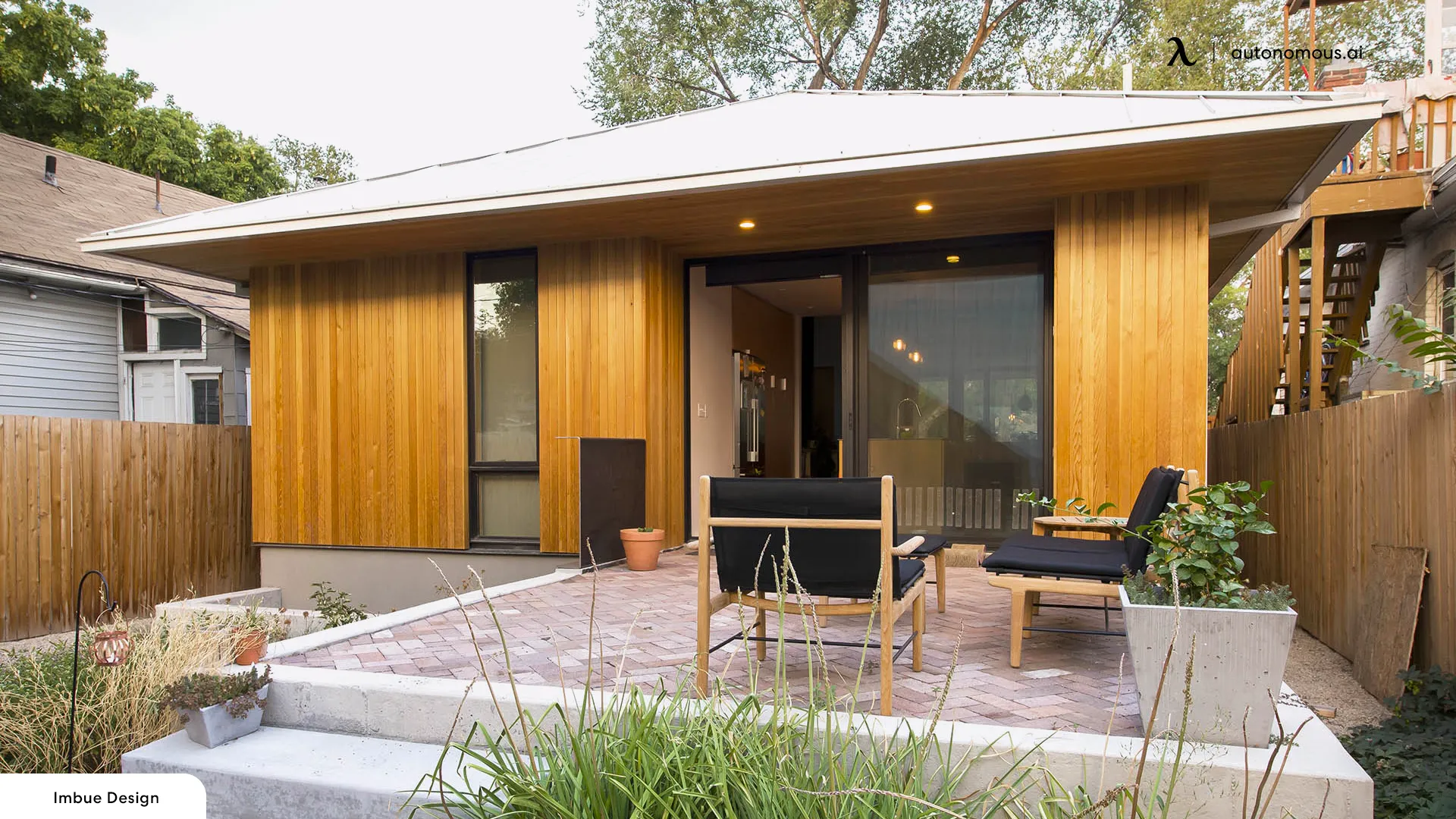For decades, Utah residents have faced significant government-imposed restrictions on how they can use their property. Zoning laws, minimum lot size requirements, permitting hurdles, and other regulations limit property owners’ ability to develop, modify, or utilize their land as they see fit. These restrictions not only infringe on individual freedoms but also drive up costs and create broader economic challenges.
While not an exhaustive list, the following highlights key legislation from this past session that we either directly worked on or carefully reviewed.
✅ Zoning for More Homes
HB37, sponsored by Rep, Dunnigan and Sen. Fillmore, is a bill that eases housing-related zoning restrictions in some circumstances. With local government approval, the bill allows for the following changes:
- Home builders that are willing to construct smaller or lower priced single-family homes now have the ability to construct more homes than the current zoning allows. This “density bonus” could also be granted to home builders who agree to restrict some or all of the homes to be owner-occupied for at least five years.
- Builders of multi-family homes now have the ability to build denser or taller projects if they agree to restrict some or all of the homes to be owner-occupied.
Our take: While a different approach to property rights expansion would be preferred, the bill will enable the construction of more homes without government subsidy and expands property rights in certain circumstances. To better understand this bill and why we supported it, you can read our bill article.
✅ Subdivision Rights for Rural Landowners Expanded
HB 255, sponsored by Rep. Chew and Sen. Hinkins, allows property owners of at least 50 acres of agricultural land in smaller counties greater flexibility in how they use their land. Specifically, landowners in third-, fourth-, fifth-, and sixth-class counties will be able to create “minor subdivisions,” permitting them to carve out lots as small as one acre from a larger parcel.
Notably, the bill passed unanimously in committee and both legislative chambers without objection from lawmakers or local governments.
Our take: HB 255 is a win for property rights and rural landowners. By easing subdivision restrictions, it allows agricultural property owners in smaller counties more flexibility to use their land as they see fit—whether to provide housing for family, generate additional income, or adapt to changing economic conditions. Instead of a one-size-fits-all zoning approach, this reform recognizes that landowners are best suited to make decisions about their own property.
❌ Subdivision Rights for Urban Landowners Not Expanded
While the members of the House Political Subdivisions Committee unanimously passed a bill related to rural land subdivision without objection, a bill that would have granted urban landowners rights to subdivide their property was rejected.
Sponsored by Rep. Ward and Sen. Fillmore, HB 90 would have allowed land owners in counties of the first and second class the ability to subdivide their property and create lots of 6,000 square feet.
Our take: The rejection of HB 90 was a loss for property rights and urban landowners. The bill would have enabled property owners to create the smaller lots necessary for the construction of much-needed starter homes.
We have two theories for why the rural subdivision bill passed while the urban one did not. The first is that the committee deferred to the local governments that wanted to continue restricting residents from subdividing their own land. The second is that the urban bill was rejected for not going through the legislature’s interim review process.
If local government control was the priority, why override it for rural land? If vetting was the issue, why didn’t the rural bill face the same scrutiny? In reality, subdivision has been discussed in interim committee meetings for years—the key difference from our perspective is that some cities fought it harder, and lawmakers unfortunately sided with the preferences of vocal local governments over the property rights of urban landowners.
❌ Backyard Cottage Legalization Failure
Another property rights bill that failed was HB 88, also sponsored by Rep. Ward and Sen. Fillmore. The bill would have allowed property owners in urban areas to build detached ADUs, also called backyard cottages, on their land.
Our take: We suspect that the House Political Subdivisions Committee rejected HB 88 for many of the same reasons they rejected the urban land subdivision bill. We are disappointed the bill failed, especially considering Utah’s housing costs and the principle that property owners should have the primary say in how they use their land.
✅ Lower Priced Triplexes and Quadplexes
Sponsored by Rep. Ward and Sen. Musselman, HB 175 allows triplexes and quadplexes to be regulated under the less restrictive International Residential Code (IRC) instead of the more stringent International Building Code (IBC).
Our take: Families seeking lower-priced entry-level housing scored a win with HB 175. This bill lowers construction costs without requiring government subsidy, creating a win-win scenario for both builders and homebuyers.
✅ Streamlined Zoning for Utah’s Entrepreneurs
If you or someone you know has ever wanted to use their property in a new or novel way, you will be familiar with the fact that local zoning regulations can be quite rigid. For example, food trucks, microschools, agritourism, and other new ideas frequently run into zoning laws that delay or outright prohibit them from opening.
SB 179, sponsored by Sen. Musselman and Rep. Karen Peterson, addressed this challenge by requiring local governments to establish a clear, predictable process for approving land uses not covered by current zoning laws. To learn more about this bill, you can read our full write-up.
Our take: We worked closely with lawmakers and stakeholders on this bill and strongly supported it. We feel this bill is a clear win for residents, cities, and especially Utah’s entrepreneurs.
✅ A Step Towards Making Carports Great Again
One of the more restrictive zoning requirements imposed by many local governments is the mandate for homeowners to build a garage. A parking pad large enough for two trucks or even a carport isn’t enough—there’s a perceived necessity for a roll-up door to protect the community in some way.
SB 181, sponsored by Sen. Fillmore and Rep. Whyte, brings residents closer to the freedom to choose their parking options. The bill prevents municipalities from requiring a garage for owner-occupied single-family homes below a certain price point.
Our take: This bill is a clear win for property rights and the prospect of more starter homes. Ideally, the freedoms granted to some homeowners by this bill will be expanded to all homeowners in future legislation.
✅ Building Permit Process Streamlined
HB 368, sponsored by Rep. Whyte and Sen. Fillmore, streamlines the building permit approval process in certain cases. When a builder wants to construct a home similar to one they’ve already had approved, they can now fast-track the approval process.
Our take: This bill is a clear win because, in homebuilding, time is money—reducing delays helps reduce home costs.
➖ More Unnecessary Regulations for Short-Term Rental Operators
If you enjoy staying at Airbnbs or have considered operating one, HB 256 may limit your options. While the bill doesn’t fundamentally change short-term rental regulations, its clarifications are likely to prompt cities and counties to go beyond simply requiring permits for operators.
Our take: The impact of this bill—positive, negative, or neutral—will largely depend on how cities and counties respond. While we hope some jurisdictions use it to improve their short-term rental ordinances, we’re concerned that some will move to ban short-term rentals in some or all zones.
✅ More Property Rights for Microschool Operators
Microschools are small, flexible learning centers that create education models different from what we traditionally think of as a school. SB 272, sponsored by Sen. Fillmore and Rep. Tom Peterson, broadens the types of buildings where microschools can operate, allowing them to be housed in churches, gymnasiums, museums, city buildings, community theaters, and other community-friendly spaces.
Our take: For those wishing to operate or send their children to microschools, the passage of SB 272 expands their options. We feel this is a clear victory, because it enables schools to operate in more community-friendly spaces, where we already trust our children to be.
2025 Legislation Session: Progress and Setbacks
In our estimation, the 2025 legislative session was a mixed bag for the freedom of individuals to use their property as they see fit. The struggle to grant more local control to property owners, as opposed to relying on rules established by city hall decades ago, is far from over. While we were disappointed by the outcomes of certain bills, we remain committed to greater individual freedoms, recognizing that the success of these efforts requires persistence and collaboration with residents, local governments, and state lawmakers alike.
Looking ahead, we hope that future legislative sessions and city council meetings will bring more opportunities to champion property rights. With continued advocacy, we can work towards creating a regulatory environment that empowers Utah residents to use their land more freely, driving down housing costs and fostering greater economic opportunity for all.













